Search by Topic
- Acid Reflux 1
- CDC 1
- CT Scans 1
- Corticosteroids 1
- Delta Variant 1
- Flu vaccine 1
- GERD 1
- Gastroesophageal Reflux Disease 1
- HEPATITIS C 1
- Intermittent Fasting 1
- Johnson and Johnson 1
- KETO DIET 1
- MDVIP 1
- MS 1
- Masks 1
- Men's Health 1
- Moderna 1
- Multiple Sclerosis 1
- Pfizer 1
- Plenity 1
- Tryptophan 1
- alcohol 1
- alcohol abuse 1
- aspirin 1
- blood pressure 1
- bone health 1
- calcium 1
- cardiovascular 1
- cardiovascular disease 1
- cholesterol 1
- coconut oil 1
- coronary plaque 1
- coronavirus 12
- covid vaccine 4
- covid-19 19
- covid-19 in Children 1
- covid-19 testing 1
- deep venous thrombosis 1
- diabetes 2
- diet 1
- emotional wellbeing 1
- exercise 2
- fitness 1
- flu 3
- flu vaccine 1
- healthy holiday 1
- healthy living 1
- hearing 1
- heart disease 1
- heart disease prevention 1
In an earlier blog, I reviewed the current recommendations for the daily use of aspirin for the prevention of heart disease in patients with known heart disease and, due to the lack of evidence, that aspirin not be used for the primary prevention of heart disease in adults with no history of heart disease. Aspirin may be recommended by physicians for selected patients at high risk of cardiovascular disease and low risk of bleeding.
Are people really following these guidelines? A new study by Harvard Medical School researchers looked at the prevalence of aspirin use for primary prevention in Americans 40 and older. 29 million adults are taking an aspirin a day in spite of no known history of heart disease, and 6.6 million of them do so without a doctor’s recommendation. Nearly half of people over 70 and without known heart disease—about 10 million—were taking aspirin for prevention without any medical indication to do so. Aspirin use may cause excessive bleeding, allergic reactions, and other side effects. According to the American College of Cardiology, people over 70 who don’t have heart disease—or are younger but at increased risk of bleeding—should avoid daily aspirin for prevention.
If you are not sure about whether or not you should take aspirin, ask your family physician

